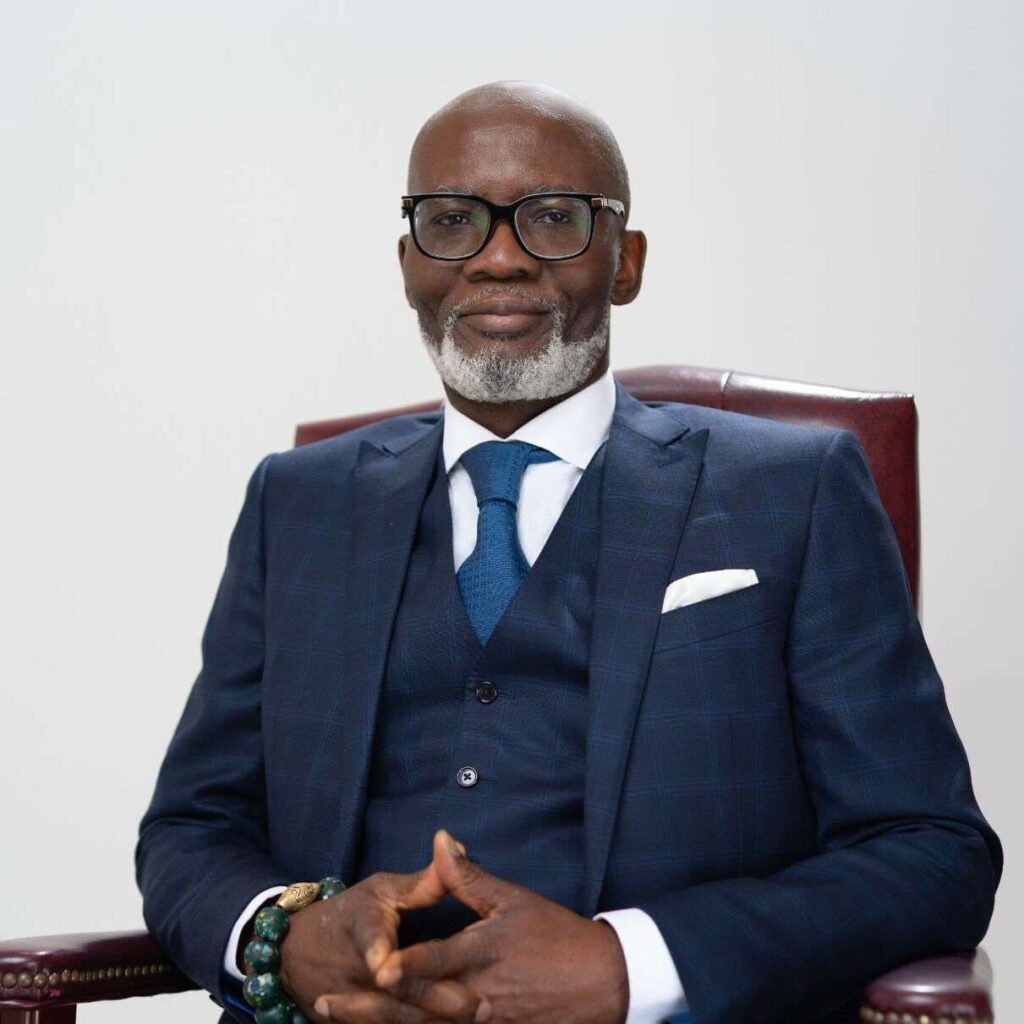In a political environment charged with partisanship and deeply rooted allegiances, public remarks by influential figures often transcend their literal meaning, inviting deeper interpretations and, at times, national introspection. This was the case when Gabby Asare Otchere-Darko, a senior figure within the New Patriotic Party (NPP) and cousin to President Nana Addo Dankwa Akufo-Addo, described former President John Dramani Mahama as “the most prepared president” during a recent interview. The statement, though brief, has generated widespread attention, triggering debates across party lines and within the Ghanaian media landscape. To the casual observer, such a comment might be construed as a rare and candid endorsement of a political rival. However, a closer, more nuanced examination suggests otherwise. Gabby Otchere-Darko’s assertion, far from constituting a shift in political loyalty or an endorsement of Mahama’s 2024 presidential bid, represents a strategic, perhaps even rhetorical, gesture, one that underscores the reality of political competition and preparedness in Ghana’s evolving democratic terrain.
Gabby Otchere-Darko is not a peripheral commentator. As one of the architects behind the NPP’s communication strategy and a trusted confidante within the Akufo-Addo administration, his public utterances often carry the weight of internal sentiment and strategic calculation. That he would publicly acknowledge Mahama’s preparedness at a time when the NPP is seeking to consolidate support behind Former Vice President Dr. Mahamudu Bawumia is significant. Yet, this significance must be understood not as betrayal, but as an internal alarm, a strategic call to his party to reassess, retool, and refocus its campaign machinery. The word “prepared” in political discourse is complex. In this context, it likely refers not only to Mahama’s prior executive experience as Vice President and President but also to his organizational readiness, visibility, and consistency in messaging. Mahama, having led a national government, built a continental profile, and retained a strong base within the National Democratic Congress (NDC), enters the 2024 electoral race with fewer unknowns than his rivals. His political brand is familiar, his campaign apparatus tested, and his public presence persistent. Thus, to describe him as prepared is to acknowledge a political reality, not necessarily to endorse his candidacy.
For Gabby, this statement might also be interpreted as a challenge directed inward, towards the leadership of the NPP and, by extension, President Akufo-Addo. As the party prepares for a potentially decisive election year, the legacy of the incumbent administration will be scrutinized alongside the promises of the next flagbearer. Any perception of disarray, complacency, or lack of strategic cohesion within the NPP could prove politically costly. By highlighting the strengths of the opposition, Gabby may be urging the NPP establishment to rise above its internal rivalries and face the upcoming contest with the seriousness it demands. Additionally, such a remark may serve to reframe the tone of Ghanaian political discourse. In a country where political allegiance often translates into blanket denunciation of the opposing side, Gabby’s statement could be viewed as a subtle endorsement of political maturity, a recognition that acknowledging the strengths of one’s opponent does not amount to disloyalty, but rather to realism. It is this realism that drives effective political strategy, for one cannot win a contest one refuses to understand. It is also important to consider the potential audience of this statement. Beyond the NPP’s internal ranks, it speaks to floating voters, political analysts, and institutional observers who have long desired a more issue-focused, pragmatic political culture. Gabby’s comment, whether intended or not, places Mahama’s candidacy within a framework of competence and experience, while implicitly challenging the NPP to match or exceed that standard.
Unsurprisingly, the NDC has seized on the comment to amplify its narrative. High-ranking officials and grassroots supporters alike have echoed Gabby’s words to reinforce Mahama’s stature as the most capable contender for the presidency. While this is a logical political maneuver, it does not alter the fundamental reality that the statement was made from a position of strategic observation, not partisan conversion. The notion that political actors must remain eternally adversarial is not only limiting but corrosive to democratic dialogue. In this light, Gabby Otchere-Darko’s remarks may be interpreted as a subtle attempt to elevate the standard of political discourse, one where acknowledgment of merit is not equated with betrayal, and where readiness, competence, and leadership are evaluated across the political spectrum. Ultimately, what Gabby said about Mahama should be understood within the broader context of Ghana’s political maturity. It was not an endorsement. It was a statement of fact—perhaps even of caution, urging his party not to underestimate the opposition, and by implication, to fortify its strategic positioning. In politics, as in chess, recognizing the strength of one’s opponent is not weakness; it is foresight.
As Ghana inches closer to yet another democratic election, the conversation Gabby has stirred should serve as a prompt for all political actors to approach the contest not merely with slogans and loyalty, but with readiness, vision, and responsibility. That, more than partisan applause, is what the Ghanaian electorate deserves.

